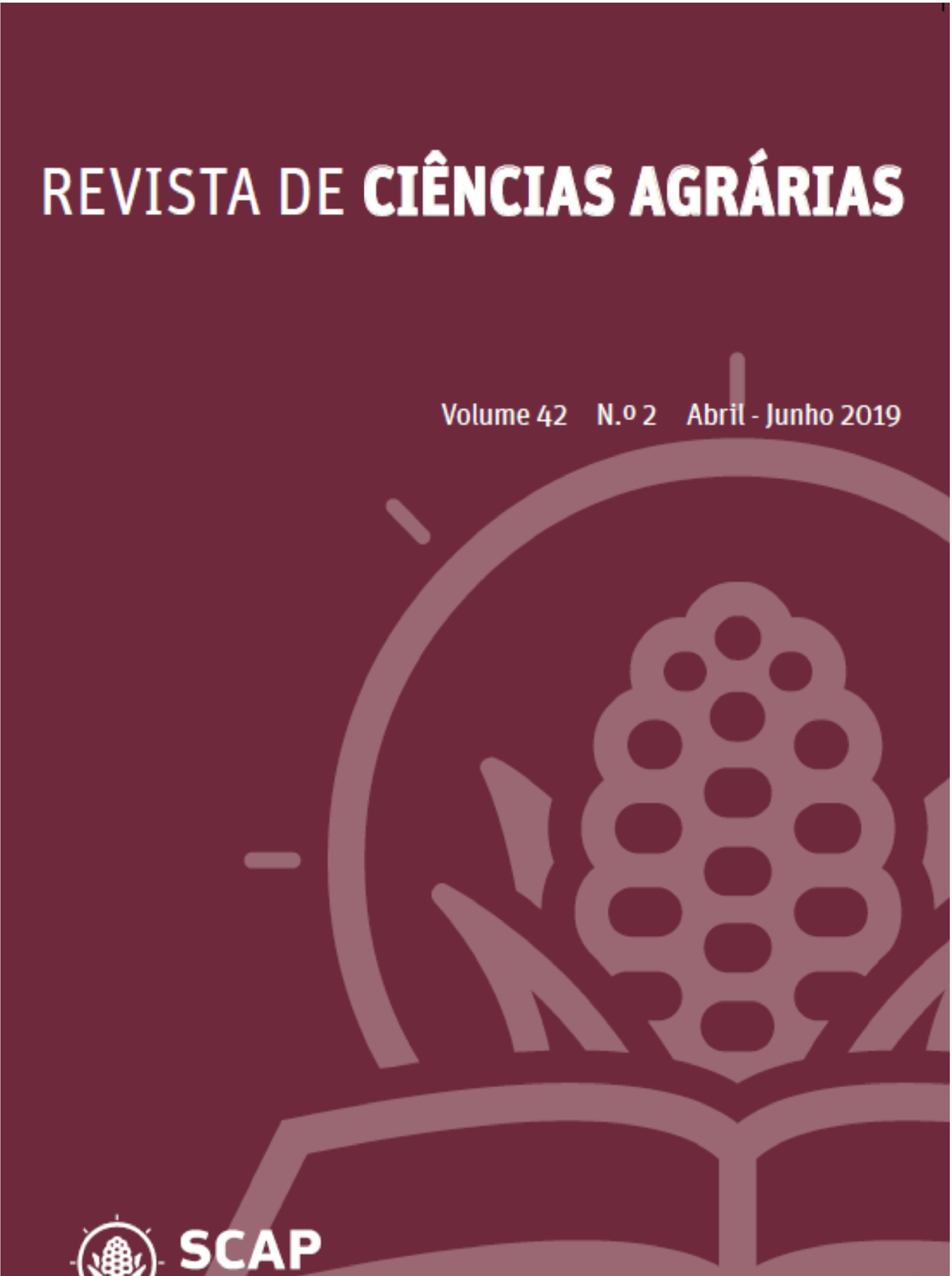Evaluation of wheat events transformed with the p5cs gene under conditions of water stress
DOI:
https://doi.org/10.19084/rca.17268Abstract
The enzyme ∆1-pyrroline-5-carboxylate synthetase (P5CS), encoded by the p5cs gene, is the rate-limiting step for proline biosynthesis, which acts as an osmoprotectant. The launch of transgenic commercial varieties depends on physiological and phenotypic characterization of events. The objective of this study was to evaluate five p5cs gene events (591, 14, 326, 164, 312), through physiological analyses and production rates during droughts. Plants of events and irrigated (IC) and stressed controls (SC) in flowering stage were submitted to 16 days of complete water restriction. The following elements were evaluated: relative water content (RWC); malondialdehyde concentration (MDA%); membrane stability index (MSI%); proline content; and production rates. As a result, the effect of water stress was only perceived after 12 days of water restriction with a decrease in the RWC values. Transgenic plants showed higher proline levels on the 16th day, compared to the SC (33 to 62%). The levels of MDA were lower on the 12th and 16th days for all the plants evaluated, but the MSI were similar to the IC for the events 591, 326, and 164, demonstrating the osmoprotectant effect. However, higher levels of proline did not result in higher production rates in the transgenic plants.


